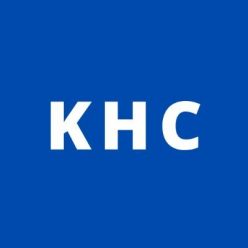By Anna Natrakul (CAS ’22)
As a Kilachand student, you start hearing about the senior Keystone Project from the time you arrive on campus (or probably even before that). I was always excited about the idea of Keystone but did not truly understand the essence of the project until I started working on my own. As a current senior in the midst of my Keystone journey, here are some takeaway points that I hope will clarify what an amazing opportunity this is, and also get you excited about your own Keystone!
- Keystone is indeed a “senior project”, but not in the traditional sense. While you gain important skills and meet certain expectations (setting a project timeline, justifying your needs for funding, collaborating with faculty, creating a deliverable, etc.), a major theme of Keystone is the agency of the student. You have complete control in terms of shaping the project, from choosing your “pathway” to the nature of your work. You want to do Honors in your major department? Great. You want your deliverable to be a scholarly paper based on your ethnographic fieldwork? Amazing. You change your mind and want to create a book of poetry about your own experiences conducting the fieldwork instead? Also amazing. Although having all these choices can seem daunting at first, making your own decisions is ultimately part of what makes the experience so special.
- You get to choose your faculty advisor. You might send cold emails to professors you have never met or approach the principal investigator in the lab that you have worked in for years. And the way that you make this decision is… whatever feels right for your project!
- You do not have to do a project within your specific major or college. While my own research background has been grounded in biochemical lab techniques, I chose to do a clinical data analysis project in the BU School of Public Health for my Keystone. I have limited experience in this sphere, but I am extremely interested, and my faculty advisor has given me helpful resources (e.g., relevant literature and tools for learning R) for learning along the way.
- You are thoroughly supported during the entire process. The Keystone process is built so that your KHC instructors and peers offer valuable insights along the way. When I was first reaching out to potential faculty advisors, some of the most helpful suggestions came from the peers in my KHC course that semester. The KHC coursework also gives clear guidance and sets you up for organizational success, so that you do not get hung up on meeting rigid requirements. Instead, you get to focus on developing an impactful body of work that will make you proud! And to help you navigate roadblocks, changes in plans, or whatever questions you might have, you have a full team behind you.
For more official descriptions and pertinent information, be sure to check out the Keystone Project section of the KHC website!
